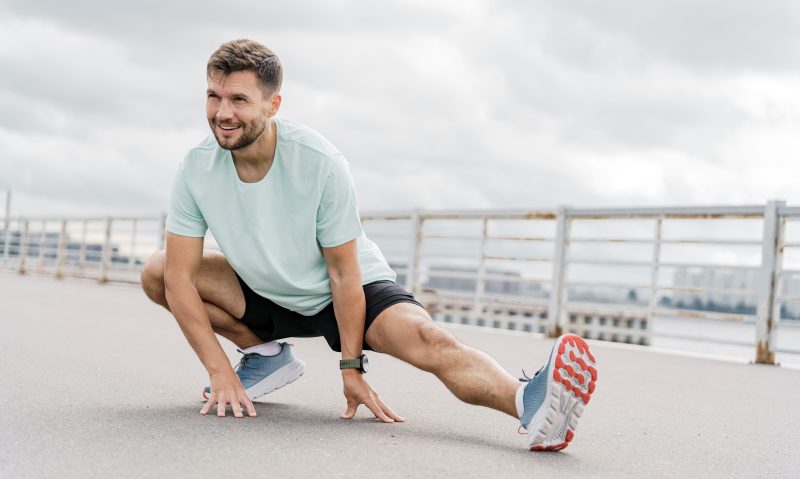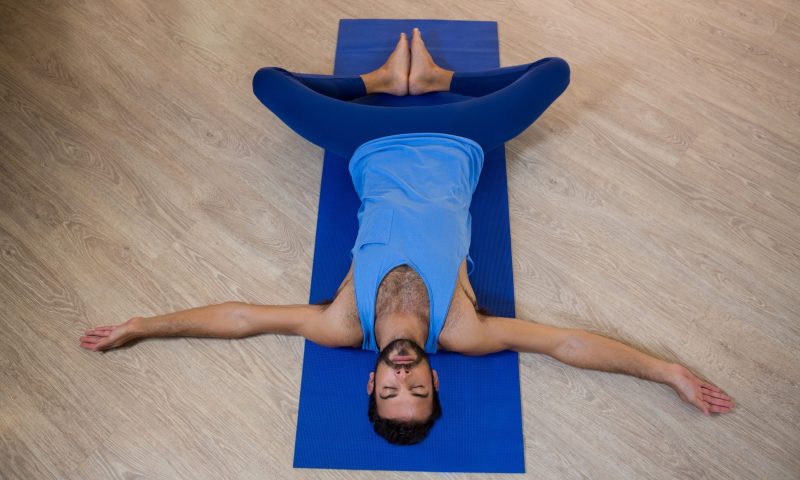Our personalities influence us to make various decisions in our lives, from the clothes we wear to our favorite restaurants. Your personality refers to the set of characteristics, qualities, and traits that can shape how you think, behave, and interact with the world around you. While your personality can change over time, it usually remains relatively stable throughout adulthood.
What about your choice of exercise? How does your personality influence your preferred go-to workouts? In an interesting study, researchers explored exactly that.
The study

In a study published in the journal Frontiers in Psychology, 132 adults completed questionnaires designed to assess their stress levels as well as their “big five personality traits”: conscientiousness, agreeableness, extroversion, openness, and neuroticism.
The researchers evaluated the participants’ baseline fitness and randomly assigned them to either a cardio and resistance training plan or a control group. The control group stretched and rested, whereas the cardio and resistance training group completed three cycling sessions every week with varying intensities and durations, and one bodyweight strength workout every week.
Two months later, 86 people had finished the plan and reported their stress levels and how much they had personally enjoyed their workout sessions.
The study results

The researchers concluded that the most suitable exercises for you depend on your personality and personality traits like openness. These traits can certainly sway your exercise preferences. Here are the details:
Extroverts

Extroverts are more drawn to higher intensity exercises like HIIT and Zumba because they’re energetic, outgoing, and sociable. They often prefer group fitness classes and team sports.
Neuroticism (frequent anxiety)

Neuroticism refers to a personality trait where individuals tend to feel anxiety, moodiness, and fear more often. The study participants who scored higher on neuroticism preferred lighter, individual, and at-home exercise sessions like yoga, where they aren’t being watched. They might fear embarrassment and prefer a more private area to exercise. People reported feeling less stressed after the exercise program, which aligns with previous research.
However, previous research showed that people with the neuroticism “big five personality trait” tend to tolerate shorter high-intensity sessions.
Conscientious

Conscientious refers to a personality trait where an individual frequently wants to do what’s right and is careful and thorough. Conscientious people are typically described as being more reliable and detail-oriented. Interestingly, this was the only personality trait that wasn’t associated with a particular exercise choice.
It’s possible conscientious people might be more drawn to structured activities and a more predictable workout routine on a regular schedule. The study showed conscientious people were more likely to be consistent with exercise.
Open-minded

Open-minded folks are usually more willing to try new experiences and new workouts or fitness trends, rather than sticking to the same workout all the time. Those with the open-minded personality trait enjoy lower-intensity activities like walking and hiking in nature or restorative yoga.
Agreeable

People who are agreeable might favor activities involving trust and cooperation, such as hiring a personal trainer in a gym or joining a local group class.




